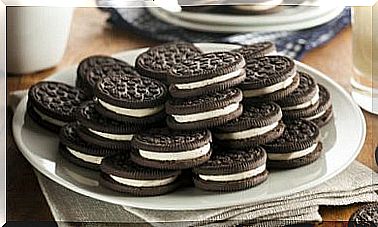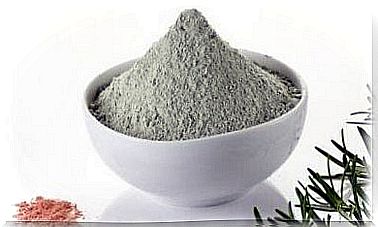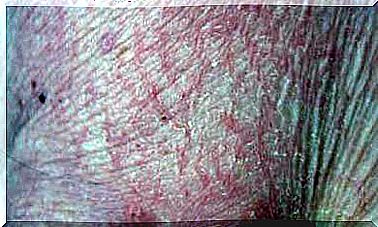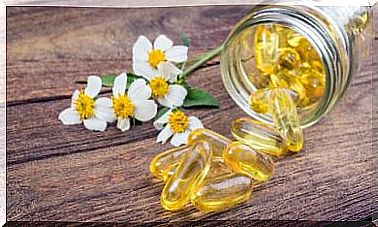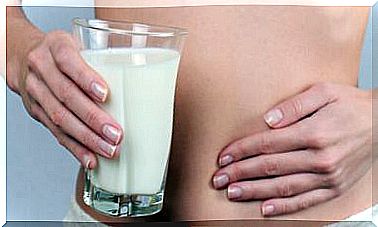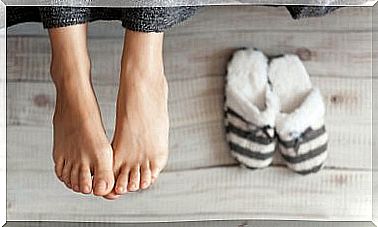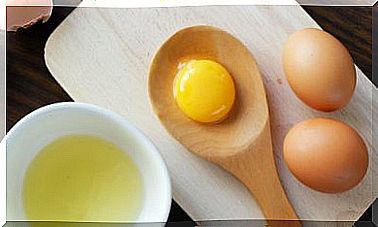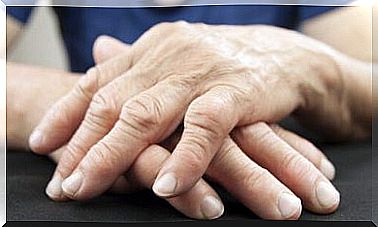Mastalgia: What Is It And What Are Its Causes?
Mastitis is the medical term used to refer to breast pain. This condition occurs frequently in women who are of reproductive age, before menopause.
Pain in this area can be due to various causes and types. In fact, around 70% of women say they have experienced it at some time in their life. Although this figure may seem very high, the truth is that most cases are related to menstruation and do not indicate any serious pathology.
However, it is very important to learn to identify what could trigger breast pain in order to find the appropriate treatment if necessary. In this article, we tell you more about it.
What are the most likely causes of breast pain?
First, it is important to note that breast pain often has a significant link to hormones and the menstrual cycle. During this period of women, the hormonal levels of estrogen and progesterone, mainly, vary in certain phases.
After ovulation, the hormone index remains high until the days before menstruation. This action stimulates the ducts of the mammary gland and makes the breasts enlarge and retain fluids. Because of this, pain appears.
In these cases, breast pain is cyclical and, according to information obtained at Breastcancer.org , this means that breast pain follows a pattern according to the menstrual cycle, increasing just earlier in this period. Some women can even experience it from the moment of ovulation.
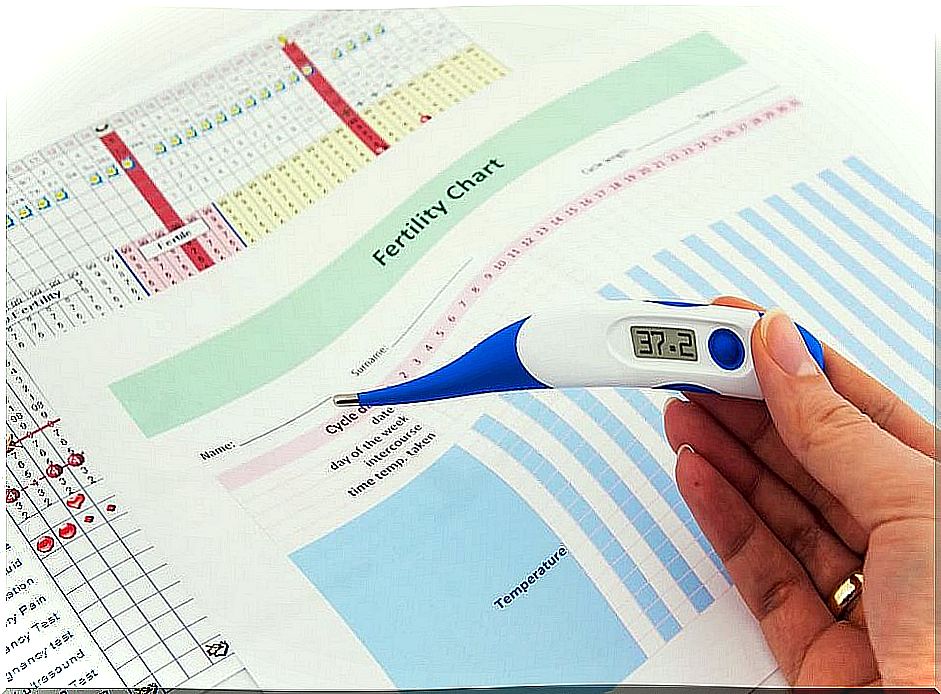
In addition, this pain follows certain characteristics. It usually affects the entire chest, causing the sensitivity of this area to increase significantly. For this reason, some women experience problems when putting on the bra or feel like the pain radiates to other areas of the body such as the armpit.
What causes of non-cyclical breast pain are there?
When mastalgia does not follow any pattern and cannot be associated with hormonal changes, it is necessary to investigate other possible causes. First of all, we must rule out that the pain is the result of a blow.
In the same way, it is very important to know if the woman who suffers from it is taking any medication. This is because some drugs can cause pain in the chest area as a side effect. For example, certain antidepressants or some hormonal therapies.
A publication of the Faculty of Medicine of the CES University of Colombia suggests that these could be the possible causes that influence the appearance of non-cyclical mastitis:
- Cysts
- Periductal mastitis.
- Cooper’s ligament stretch.
- Traumatic fat necrosis.
- Mondor disease.
- Diabetic mastopathy and neoplasia.
How is mastalgia diagnosed?
In order to correctly diagnose the causes of this pain, it is very important to explain all the characteristics to the doctor. You have to look at which area is affected and if it is the entire chest or just a part. Similarly, it is essential to know when the pain appears or disappears.
In addition, the doctor can help himself with certain complementary tests for the diagnosis. The most used are mammography and ultrasound. Also, in some cases, biopsies may be needed to verify the nature of the pathology.
Possible treatment
As we mentioned, mastalgia is a very common condition in women and is due, in most cases, to the changes that the body undergoes in the menstrual cycle.
A Cleveland Clinic publication notes that these could be possible treatments to improve the symptoms of this condition:
- Reduce your salt intake.
- Wear a supportive bra.
- Apply local heat to the affected area.
- Take over-the-counter pain relievers in moderation.
- Give it time. In most cases, the pain goes away on its own, without the need for any treatment.
When to see the doctor?
Breast pain is a common situation experienced by almost all women at some point in their lives and, normally, it is due to hormonal and not pathological changes. However, it is important to consult your doctor if the pain is very bad or does not go away after a reasonable time. This, in order to rule out any disease.
